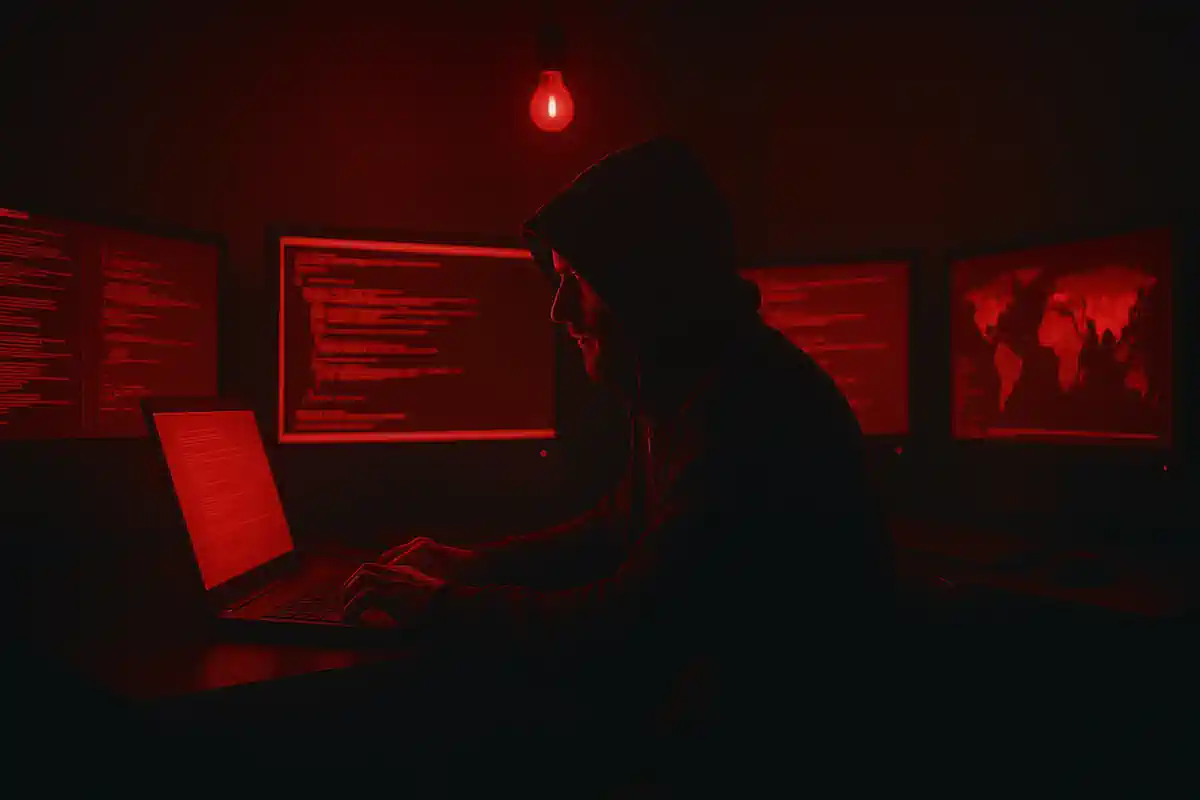
The technology behind ultra-dark networks like Freenet, I2P, and ZeroNet is impressive from a technical perspective. They offer decentralization, censorship resistance, and strong anonymity. However, the darker side of human behavior that thrives on these platforms is very real—and not something to take lightly.
The dangers include the risk of your machine being hacked, your identity exposed, and malware infections that could wreck your system or even compromise your entire personal or professional life. While Tor is often portrayed as a haven for criminals in the media, it is still a better-known and arguably safer anonymous network than these ultra-dark platforms, which are far less publicized and even less understood.
I2P, ZeroNet, and Freenet aren’t inherently malicious—they were created with noble goals: privacy, freedom of expression, and resilience against censorship. But like Tor, their architecture can also attract criminal elements. Due to their obscurity, lack of visibility in mainstream media, and limited use by law enforcement (compared to Tor), they don’t show up in headlines. That doesn’t mean they’re clean. In fact, their low profile might make them even more dangerous for the average user. Simply connecting to these networks—without knowing what you’re doing—can expose you to illegal content or active surveillance. If you’re not prepared to sandbox, use a VM, or isolate your network, your safest option is: don’t go there.
Even Hackers Avoid I2P, ZeroNet, and Freenet — You Should Too
While privacy and anonymity are legitimate needs—especially for journalists, whistleblowers, and those living under authoritarian regimes—most people using I2P, ZeroNet, and Freenet don’t fully understand the risks involved. These networks aren’t inherently criminal, but they are chaotic and dangerous places.
What Are They?
- I2P (Invisible Internet Project): A decentralized, anonymous network using garlic routing. It’s good for hosting anonymous sites (eepsites), chat services, and file sharing, all internally contained.
- ZeroNet: A P2P web hosting system using Bitcoin cryptography and BitTorrent technology. Websites are distributed and updated via peer syncing.
- Freenet: One of the oldest anonymous networks, focused on hosting anonymous forums and sharing files within a fully decentralized and encrypted node system.
Risks and Realities
1. Illegal Content
Because there’s no oversight, these networks can be rife with disturbing, illegal content. Even just stumbling upon something without intent can get you legally flagged.
- Child exploitation material
- Drug and weapons markets
- Stolen data dumps and hacking tools
- Pirated software, extremist forums, and terrorism propaganda
2. No Moderation
No one’s coming to clean things up. You’re on your own. This means if something dangerous appears, it’s likely to stay there. And that includes malware, hate speech, and illegal content.
3. Cybersecurity Risks
These networks are loaded with poisoned files, fake services, spyware, and more.
- Malware and ransomware hidden in file shares
- Phishing attacks disguised as anonymous services
- Spyware deployed by bad actors or even state agencies
4. Law Enforcement Interest
Despite the anonymity, law enforcement is watching. And they’ve been catching people. If you’re there—even accidentally—you could be caught in the dragnet. Agencies have developed advanced de-anonymization techniques.
5. Technical Complexity
It’s easy to screw up your setup. If you misconfigure your browser, leak DNS requests, or fail to isolate traffic, you could expose your real IP, OS fingerprint, or worse. Most casual users won’t know how to defend against these risks.
6. Extremist Content and Radicalization
The lack of oversight allows hate groups, terrorists, and cults to organize without interference. You may find forums that make 4chan look tame.
Why Most People Should Avoid Them
- Legal Risk: Just viewing something illegal, even unintentionally, can be prosecutable.
- Security Risk: Malware, spyware, and exploit kits are rampant.
- No Real Need: Most users don’t require this level of anonymity. Tor or a VPN with secure tools is more than enough.
Better Alternatives
- Tor Browser: Still the most widely used and understood anonymity tool. While not bulletproof, it’s mature, supported, and more transparent.
- VPNs: Use a trustworthy, no-log VPN to hide your IP. Good for casual privacy.
- Signal, ProtonMail, Threema: For encrypted, private communication.
- Brave, Firefox (with hardening): Safer web browsing with built-in protections.
- I2P: Strong anonymity if used correctly, but too niche, too slow, and too difficult for most users. The internal-only model limits abuse, but also usefulness.
- ZeroNet: Interesting concept, but poor support, very few active nodes, and almost no community. It’s a ghost town—and it’s not anonymous unless used over Tor or a VPN. Dangerous for any serious work.
- Freenet: Old tech. Stagnant. Risky. It pioneered the idea of decentralized anonymity, but it hasn’t kept up with modern threats.
If you’re a privacy researcher, whistleblower, or hardcore developer who understands the risks—these tools might be worth experimenting with. If you’re just looking for a bit more privacy while browsing or chatting: don’t mess with ultra-dark nets. The danger isn’t worth the curiosity.
Stick with what’s maintained, monitored, and trusted by security professionals. That means Tor (with best practices), VPNs, encrypted messaging, hardened browsers, and system-level security.
Copyright 2025 The Dark Duck Blog














